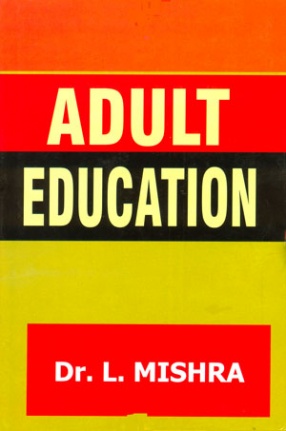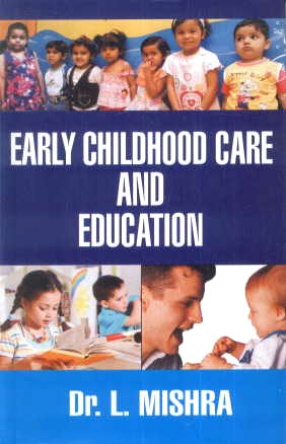Adult education is the practice of teaching and educating adults. Adult education takes place in the workplace, through ‘extension’ or ‘continuing education’ courses at secondary schools, or at colleges or universities. Other learning places include folk high schools, community colleges, and lifelong learning centers. The practice is also referred to as ‘Training and Development’ and is often associated with workforce or professional development. It has also been referred to as andragogy (to distinguish it from pedagogy). Adult education is different from vocational education, which is mostly workplace-based for skill improvement; and also from non-formal adult education, including learning skills or learning for personal development.
Educating adults differs from educating children in several ways. One of the most important differences is that adults have accumulated knowledge and experience that can add to or hinder the learning experience. Another difference is that most adult education is voluntary, therefore, the participants are generally better motivated.
Adults frequently apply their knowledge in a practical fashion to learn effectively. They must have a reasonable expectation that the knowledge recently gained will help them further their goals. One example, common in the 1990s, was the proliferation of computer training courses in which adults (not children or adolescents), most of whom were office workers, could enroll. These courses would teach basic use of the operating system or specific application software. Because the abstractions governing the user’s interactions with a PC were so new, many people who had been working white-collar jobs or ten yeas or more eventually took such training courses, either at their own whim (to gain computer skills and thus earn higher pay) or at the behest of their managers.







There are no reviews yet.